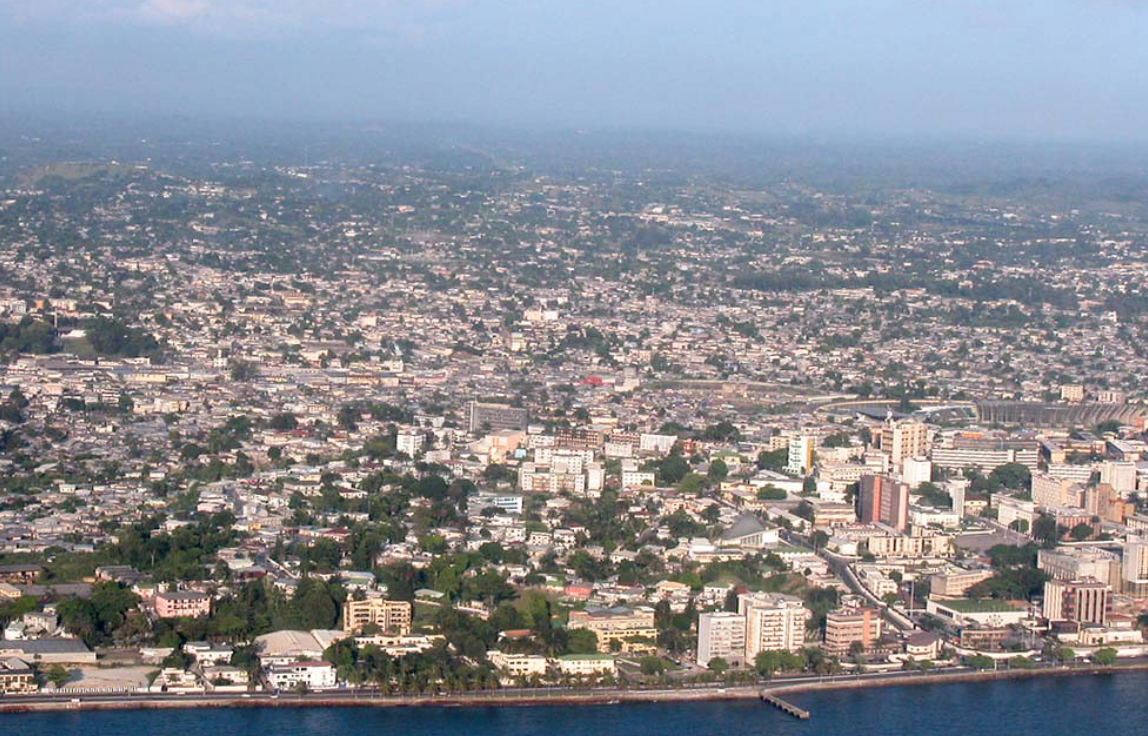$8,017 per capita at the start of 2022. This good performance by Gabon is largely the result of the economic diversification implemented over the past decade, as well as various administrative and tax reforms.
For the second consecutive year, Gabon is positioned as the richest country in Africa (excluding very small countries), according to the report on Gross Domestic Products (GDP) per capita of African countries, published on October 11 by the Center for study and reflection on the French-speaking world (CERMF). A position that the country owes to its GDP per capita which amounted to 8,017 dollars (5.4 million FCFA) at the beginning of 2022.
This GDP is higher than that of Botswana, which comes just behind Gabon with a GDP which stood at 7,348 dollars (4.9 million FCFA) per capita during the same period. Note that the GDPs of Gabon and Botswana are up compared to the same period in 2021 when they stood at 3.9 million FCFA and 3.7 million FCFA respectively.
According to the CERMF, Gabon’s good performance in 2022 “results mainly from a proactive policy in terms of diversification carried out over the last decade”, with the aim of getting the country out of its heavy dependence on extractive industries, and transforming locally part of the production.
It is in this context that the Special Economic Zone (SEZ) of Nkok was created as well as other industrial zones, with the aim of locally transforming raw materials before exporting them. This policy has doubled the weight of the wood sector in the national economy, which accounted for 5% of GDP and 15% of merchandise exports in 2021, the report argues.
Along the same lines, the Emerging Gabon Strategic Plan (PSGE) implemented in 2009, like the plan to accelerate the transformation (PAT) of the Gabonese economy launched in 2021, aimed to industrialize the country by relying heavily on the development of the timber industry and agriculture, as well as investing in services by developing the digital sector in particular, and more recently tourism.
This economic diversification policy has enabled Gabon to considerably increase the weight of activities not directly linked to the extractive industries in the national economy. This has allowed “ the country to have a more solid economy and better able to withstand international crises and unfavorable fluctuations in the price and/or production of raw materials, than that of many other major hydrocarbon producers. , minerals or precious stones on the continent”, indicates the report.
This economic development policy pursued by Gabon for a decade has also been accompanied by major administrative, but also legal and tax reforms, aimed at facilitating business creation and improving the business climate.
The CERMF report on the GDP per capita of African countries classifies the countries of the continent outside the very small countries “ cannot be taken into account for the establishment of relevant comparisons in terms of wealth and economic and social development, due to a very small population (less than 1.5 million inhabitants) and a particularly small area, with a territory sometimes barely visible on a geographical map”, indicates the document relayed by Le Nouveau Gabon.
These countries include: Mauritius, Seychelles and Equatorial Guinea, which have a higher per capita wealth, but whose population is between 0.1 and 1.5 million inhabitants, and whose territory is very limit. For example, Equatorial Guinea and Mauritius are respectively 9.5 times and more than 130 times less extensive than Gabon…
With an area of 267,667 km², Gabon has a population of 2.3 million. Gabon is the 8th African oil producer (and the 36th worldwide) as well as the second African producer and the 3rd worldwide of manganese (and on the way to becoming the second, behind South Africa), while Botswana, with a population of 2.4 million, is the world’s second largest producer of diamonds, after Russia.





























Réagissez à cet article